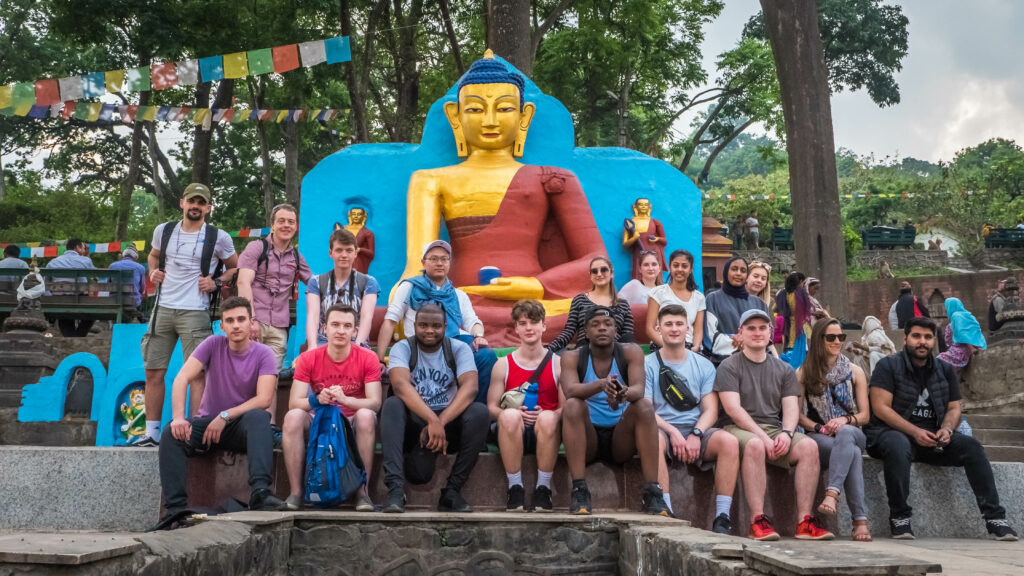
About CTS
CTS Network
CTS Network
The Critical Tourism Studies conference series was launched in 2005 by Irena Ateljevic (Institute for Tourism Zagreb), Candice Harris (Auckland University of Technology), Nigel Morgan (University of Surrey) and Annette Pritchard (Cardiff Metropolitan University).
The first two conferences were made possible thanks to the creative engagement and effort of Lynn Minnaert (New York University) and Senija Causevic (SOAS, University of London). The latest conferences in Palma de Mallorca and Ibiza, were co-chaired by Kellee Caton (Thompson Rivers University) and Ana María Munar (Copenhagen Business School).
These past years the CTS network has expanded and now has a series of regional chapters. The chapter conferences such as the ones organized by CTS North America (Huntsville, Kamloops, Montreal) and CTS Asia-Pacific (Wakayama and Indonesia) help to make critical tourism scholarship more diverse, accessible and inclusive, address key issues and facilitate networking opportunities.



Critical Tourism Studies
The Critical Tourism Studies (CTS) community is an international network of scholars who share a vision of producing and promoting social change in and through tourism practice, research and education.
CTS has done this so far by seeking to legitimize the critical school of thought in tourism studies and by providing an inclusive environment for new and alternative voices in the academy. Adopting a broad definition of ‘criticality’, CTS seeks to find novel ways of understanding and changing tourism by locating the phenomenon in its wider political, economic, cultural and social contexts.
In addition to CTS’s groundbreaking work in providing a home for academics and others involved in social change through tourism to gather, discuss, debate, collaborate with, and support one another, the network has also been characterized from the beginning by a special sort of atmosphere.
In short, CTS has not been afraid to constitute itself as a gathering grounded in love, joy, and hope—love of scholarship, love of colleagues and students and the communities with which we research, joy in our work and our collaborations with each other, and joy in the sense of purpose that comes from working toward realizing the better world we hold hope for creating.